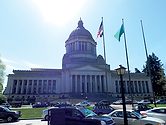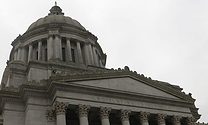Articles by Jerry Cornfield
Reykdal says Washington risks lawsuit if school funding isn’t hiked
The state boosted spending to comply with a ruling in the landmark McCleary case, but the public schools chief says it hasn’t kept up.
Read More












